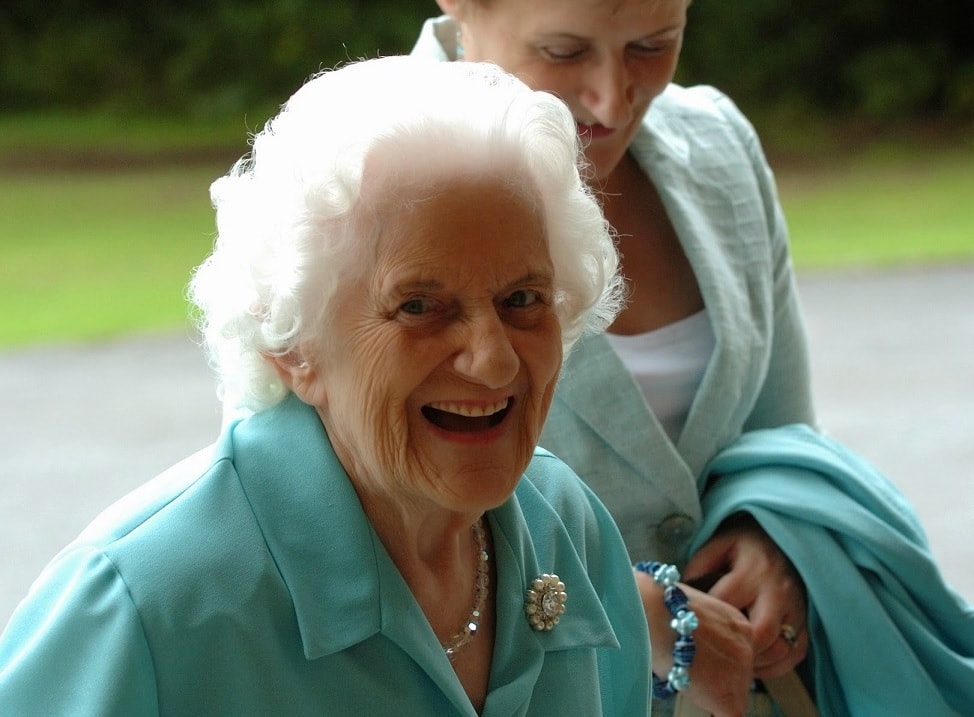Looking after elderly relatives is challenging at the best of times. But trying to care for parents when living some distance away adds an extra level of difficulty.
Jumping in a car, train or plane every time you get anxious or there is a health status change quickly becomes unsustainable.
Having family close by helps, especially if there is a spouse or sibling. Ultimately, having a sick parent in another part of the country (or world) is unsettling.
Given our increasingly mobile society and more people moving away from their hometowns, the number of distance caregivers is growing.
Typically distance caregivers spend time scheduling appointments, paying bills, making phone calls and other related duties. The majority of distance caregivers are employed, many miss days of work or rearrange their schedules to be able to care for someone. Up to one-third of carers either have to reduce their work schedules or stop working in order to manage all the aspects of caregiving.
Long Distance Care Strategies
Distance caregivers – compared to local carers – have higher stress, feel less support, have higher anxiety and more burden. But there are ways of distance carers reduce stress.
Technology
Often, the first step is meeting doctors, nurses and physicians and getting permission to call them for updates. This helps carers stay updated with treatment and progress. Using video (for example Skype or Facetime) during consultations means relatives can hear what the professionals have to say and ask any questions.
Using technology like this can help distance caregivers connect with their loved one in meaningful ways.
Don’t neglect well-being.
It is easy to become completely focused on the well-being of a loved one. Although it can be difficult, and even guilt-inducing, making time for oneself is a prerequisite to providing sustained, effective care for others and preventing burnout.
Check in regularly.
When caring for someone from a distance, there is always a lot to sort out, but it is important to regularly talk to the person being caring for. Avoid waiting for them to call (often with another problem). Stay in control, work to a schedule and prevent a crisis.
Share the load
If there is a sibling or other close family member, divide the care tasks. This could mean that one person focuses on finances while another handles the medical aspects.
Stay connected.
If you decide employ the services of a local care agency to help, make sure they use a system that keeps you updated with the care being provided. This often comes in the form of email notifications when carers turn up. In addition they should provide an online portal so you can access appointment notes and comments from the carer.
If you are not using a care agency, and splitting the care giving with siblings, use tools like shared calendars.
Be realistic.
This involves speaking with employers about needing time off from work. Be honest about why schedule adjustments might be needed, and realistic about the amount of time required.
The ability to work remotely is helpful – but even then it can be difficult to keep up with conference calls and emails alongside doctors appointments.
Distance caregivers also often have families of their own, placing them in the “sandwich generation,” with obligations to both their parents and children.
Keep it in perspective.
Caregiving isn’t all about feeling overwhelmed and living with anxiety. Long distance care can increase positive emotions and offset stress.
About Deckchair Care
Deckchair Care are a domiciliary care company helping to look after the elderly in Cheshire and South Manchester. Read more about our independent care service on our website here.


